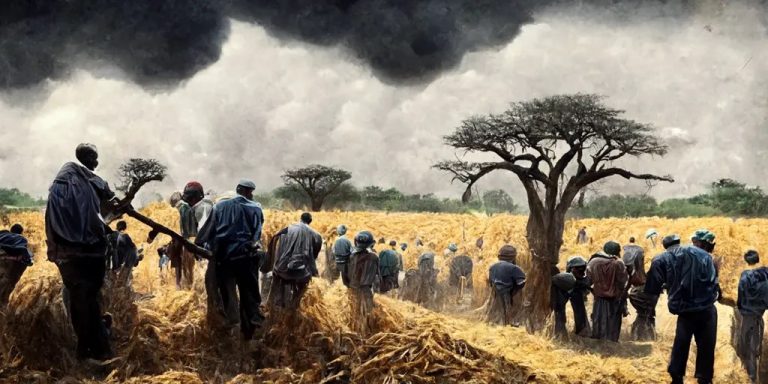from masterresource
Author: Robert Bradley Jr.
“Social justice” requires energy freedom and energy exceptionalism for the poorest. Today, tomorrow, yesterday.
A recent CarbonBrief report, How UK government-backed companies are delivering gas-fired power in Africa, reports that “a little-known company majority-owned by a UK government development agency and backed by UK aid funding has been Significant investment in gas-fired power generation across Africa.
BII's Globeleq has 1,120 MW of gas-fired power plants in Cameroon, Côte d'Ivoire and Tanzania, serving power-starved regions. UK climate activists are rising up (“Don't put gas in Africa”), urging divestment from fossil fuels. “Let them have wind and solar” is the mantra, as if these dilute, intermittent alternatives aren't expensive and unreliable.
Globeleq is adding new natural gas capacity to keep its portfolio 85% natural gas.
BII said that in countries such as Mozambique where only about 40% of the population has access to electricity, natural gas power generation is “indispensable”. It argued that these countries often lack the “baseload” power provided by natural gas, which could allow the integration of more renewable energy.
CarbonBrief continues:
This position is supported by many African governments, many of which advocate developing their own natural gas reserves. Many point out that Africa currently accounts for only a small fraction of the planet's emissions, with nearly 600 million people without electricity. They say expanding the use of fossil fuels could be a path to development and wealth.
——————
Yes, the UK government should divest itself of Globeleq or stay out of African energy politics. But what about the moral justification for using your best energy to address poverty?
The ideological environmental movement imposes the views of the majority of wealthy, comfortable Americans and Europeans on the majority of poor, desperate Africans, Asians, and Latin Americans. It violates these people’s most basic human rights, depriving them of economic opportunity, the chance to live a better life, and the right to free their countries from diseases long since eradicated in Europe and the United States.
African Energy Chamber:
African producers have not and will not agree to phase out fossil fuels. Unlike other developed countries, the African continent has not yet had the opportunity to transform its economy through oil and gas. To develop, grow and address issues such as energy poverty and industrialization, oil and gas need to remain central in the coming years.
Such thoughts were echoed by Laszlo Varro, Shell’s vice president of global business environment, telling his more than 20,000 social media followers:
A very interesting debate: UK green campaigners protest against investments in gas-fired power generation in Mozambique and Côte d’Ivoire. They come from a society that consumes about ten times more energy per capita than most African countries. Their privileged prosperity is built on national wealth accumulated from past fossil fuel use and colonial exploitation. Now they are uneasy about former colonies using their own gas resources to drive development.
Varro recommends this exercise for those with energy privilege:
Mozambique and Côte d’Ivoire should create special green activist internship visas. This would enable British activists to come and work for a year and obtain a work permit. However, this only applies to non-electrified areas of the country and does not apply to the usual development aid practices of Western experts living in air-conditioned compounds powered by backyard diesel generators. Special fossil-free work permits will allow campaigners to use buckets to collect water from wells, eliminating the need for electric pumps and steel pipes. They will be able to tend land and grow food without diesel tractors and gas-fired fertilizers, cook over open fires, store food without refrigerators and take produce to market in wheelbarrows. They should definitely buy a solar powered mobile charger so they can share on social media how blessed they are to live without gas.
Laszlo Varo added:
It goes without saying that the UK government should have an open dialogue with activists who have completed a one-year internship but still believe that African countries should not develop gas. Furthermore, if any democratically elected African government expresses concern about the harmful effects of developing domestic gas resources and using them to expand electricity supplies, then British foreign policy should respect that.
indeed. “Social justice” requires energy freedom and energy exceptionalism for the poorest. Today, tomorrow, yesterday.
Relevant
